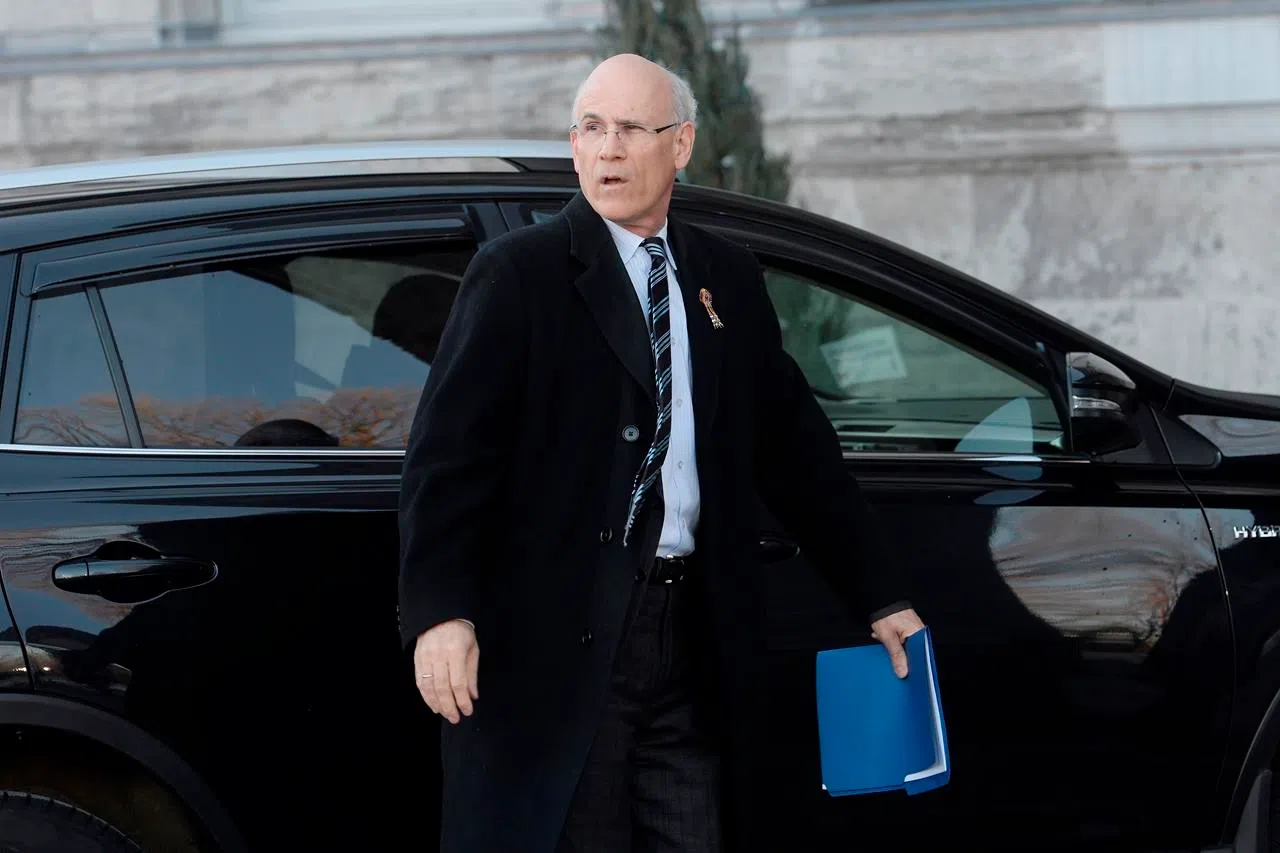
Privy Council clerk Michael Wernick to quit before October election
OTTAWA — The SNC-Lavalin affair claimed its fourth resignation Monday as Michael Wernick announced he will step down as the country’s top public servant, having concluded he’s lost the trust of opposition parties.
Opposition parties have been calling for the clerk of the Privy Council’s resignation since he first vehemently rejected allegations that he and others improperly pressured former attorney general Jody Wilson-Raybould to halt a criminal prosecution of SNC-Lavalin. Wernick’s combative testimony to the House of Commons justice committee was denounced as partisan and unbecoming of a senior bureaucrat.
Also on Monday, the Liberals who make up a majority on that committee said publicly that they believe it has done all it can, or should, to investigate the affair.
In a letter to Prime Minister Justin Trudeau on Monday, Wernick said he will retire before this fall’s federal election campaign kicks off. He noted that the clerk is supposed to be “an impartial arbiter of whether serious foreign interference” occurs during the campaign, as part of a new federal watchdog panel, and is also supposed to be ready to help whichever party is elected to form government — two roles he no longer believes he can fulfil.


